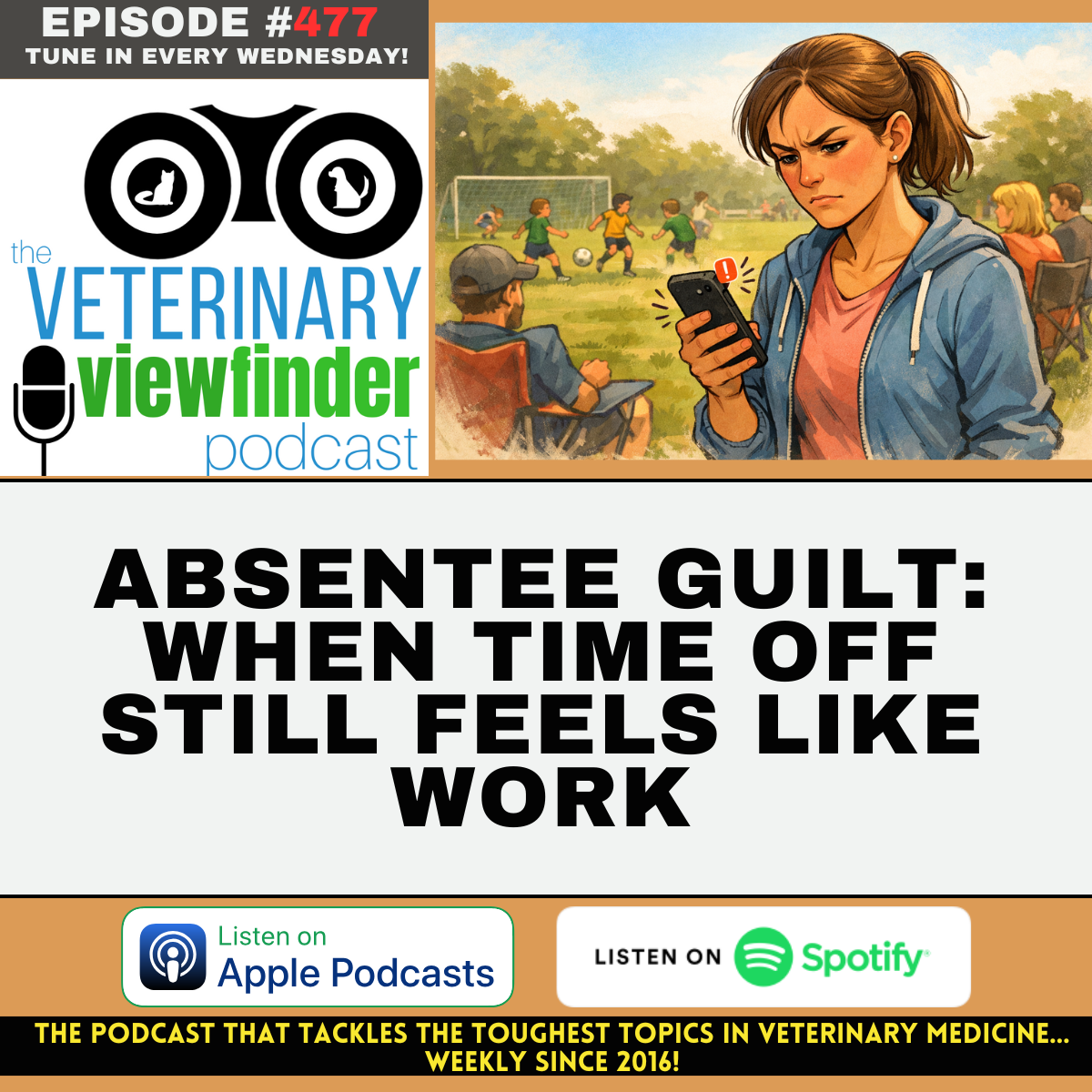
The Veterinary Viewfinder Podcast
Dr. Ernie Ward and Beckie Mossor, MPA, RVT, have co-hosted their award-winning weekly veterinary podcast since 2016. Each week, they “tackle the toughest topics in veterinary medicine,” highlighting controversial issues and trending news, introducing veterinary key opinion leaders and provocateurs, and offering solutions to the myriad challenges facing the veterinary profession.
Listen to the Latest Podcast
Latest Podcast Episodes - Click to Listen
Masters Degree in Veterinary Clinical Care: Pioneering Pathway or Misguided MS?
In early 2021, a hypothetical veterinary technician degree was proposed and discussed by a select group of about 20 individuals representing 12 organizations. Called a “Masters in Veterinary Clinical Care,” the exploratory degree has garnered a lot of questions and confusion. This week we discuss what we know and our initial impressions on how this may - or may not - benefit the veterinary profession.
Hosts Dr. Ernie Ward and Beckie Mossor, RVT share their concerns and offer their advice when it comes to better access to veterinary care and utilization of licensed veterinary technicians. As you can imagine, Beckie has strong opinions on this topic and isn’t afraid to tackle it!
Beckie stresses the need for veterinary title protection, standardization of credentialing processes and requirements, recognition of credentialed vet techs, and clearly defined roles and responsibilities within the vet clinical setting. In short, Beckie believes there’s a lot of work to be done on the current AS and BS veterinary technician degrees before we create a new one.
Dr. Ward supports expanding the roles and duties of licensed veterinary technicians, including expansion into a “Veterinary Nurse Practitioner,” but worries the proposed Masters in Veterinary Clinical Care is more “paper than progress.”
Both hosts advocate for an expansion of what vet techs can - and should - be allowed to do in veterinary clinical practice. Dr. Ward also recounts how he “angered lots of colleagues” about 10 years ago when he proposed that licensed vet techs be allowed to undertake additional training and licensing to perform spay and neuters in shelter settings.
He also says you can tell where someone lies in their support of this issue by asking, “What medications can they dispense?” You can imagine how our duo discusses that one!
Viewfinders, we hope this conversation sparks you to explore and discuss with your friends and colleagues. By working together, w can help expand access to veterinary care and propel our profession! Stay safe and we’ll talk to you next week!


